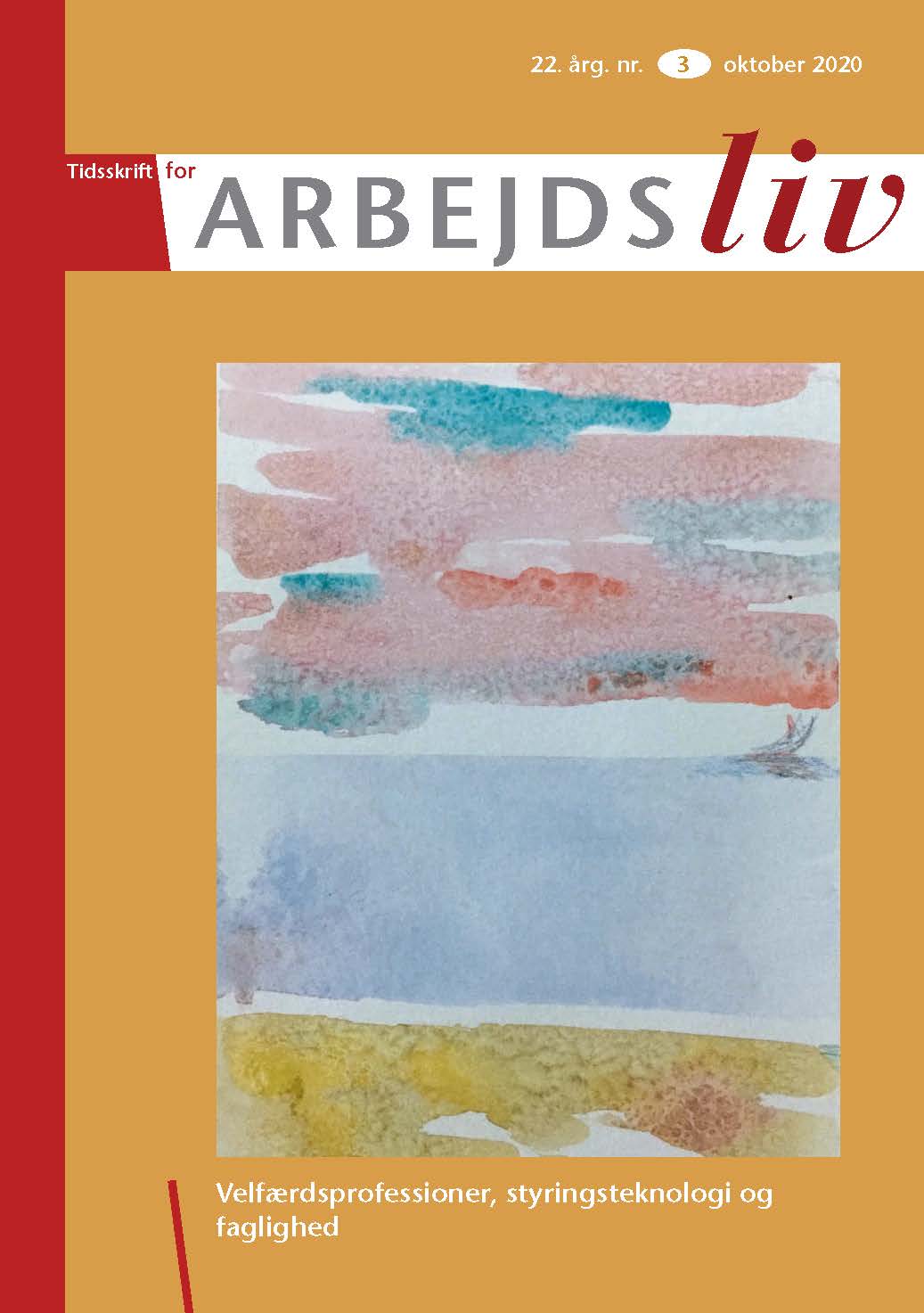The accountable doctor during times of economic crisis: Constituting doctors in the Danish healthcare system in the 1930s and the 1970s
DOI:
https://doi.org/10.7146/tfa.v22i3.122826Abstract
While professions have traditionally been understood in contrast to bureaucratic and economic control in the sociology of professions, newer studies argue that New Public Management (NPM) reforms have led to a hybridization of professional roles. This article interrogates the economic responsibilization of physicians in the Danish welfare state in the 1930s and 1970s. In both periods, economic recession coupled with social reform contributed to a problematization of healthcare governance and the role of physicians. In the 1930s, social reforms required physicians to mediate between the economic interests of individual citizens and the state, while expectations of cost concern, administrative overview and social medicine shaped the role of physicians’ in the 1970s. While physicians expressed critique of the political attempts to make them economically accountable, they also demanded more regulation and political priority setting to guide their professional conduct. The analysis contributes to the scholarship on state-profession- relationships by demonstrating how the mutual constitution of the welfare state and the medical profession in Denmark took pace long before NPM reforms: for nearly a century, physicians have taken on responsibility for calculative practices and the distribution of public resources as an extended – but integrated – part of their professional role.
Downloads
Published
How to Cite
Issue
Section
License
Forfattere, der publicerer deres værker via dette tidsskrift, accepterer følgende vilkår:
- Forfattere bevarer deres ophavsret og giver tidsskriftet ret til første publicering, samtidigt med at værket ét år efter publiceringen er omfattet af en Creative Commons Attribution-licens, der giver andre ret til at dele værket med en anerkendelse af værkets forfatter og første publicering i nærværende tidsskrift.
- Forfattere kan indgå flere separate kontraktlige aftaler om ikke-eksklusiv distribution af tidsskriftets publicerede version af værket (f.eks. sende det til et institutionslager eller udgive det i en bog), med en anerkendelse af værkets første publicering i nærværende tidsskrift.
- Forfattere har ret til og opfordres til at publicere deres værker online (f.eks. i institutionslagre eller på deres websted) forud for og under manuskriptprocessen, da dette kan føre til produktive udvekslinger, samt tidligere og større citater fra publicerede værker (se The Effect of Open Access).





